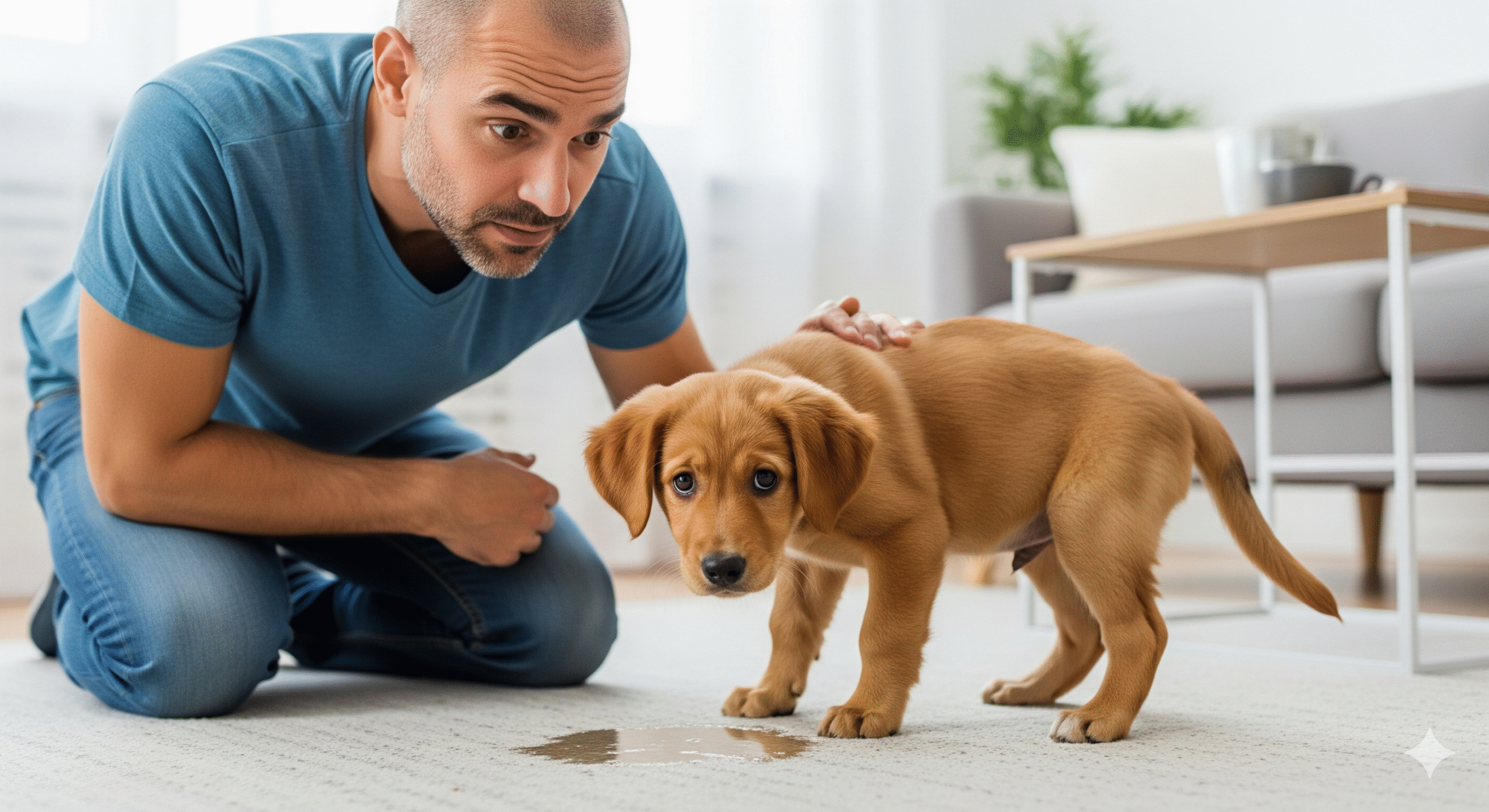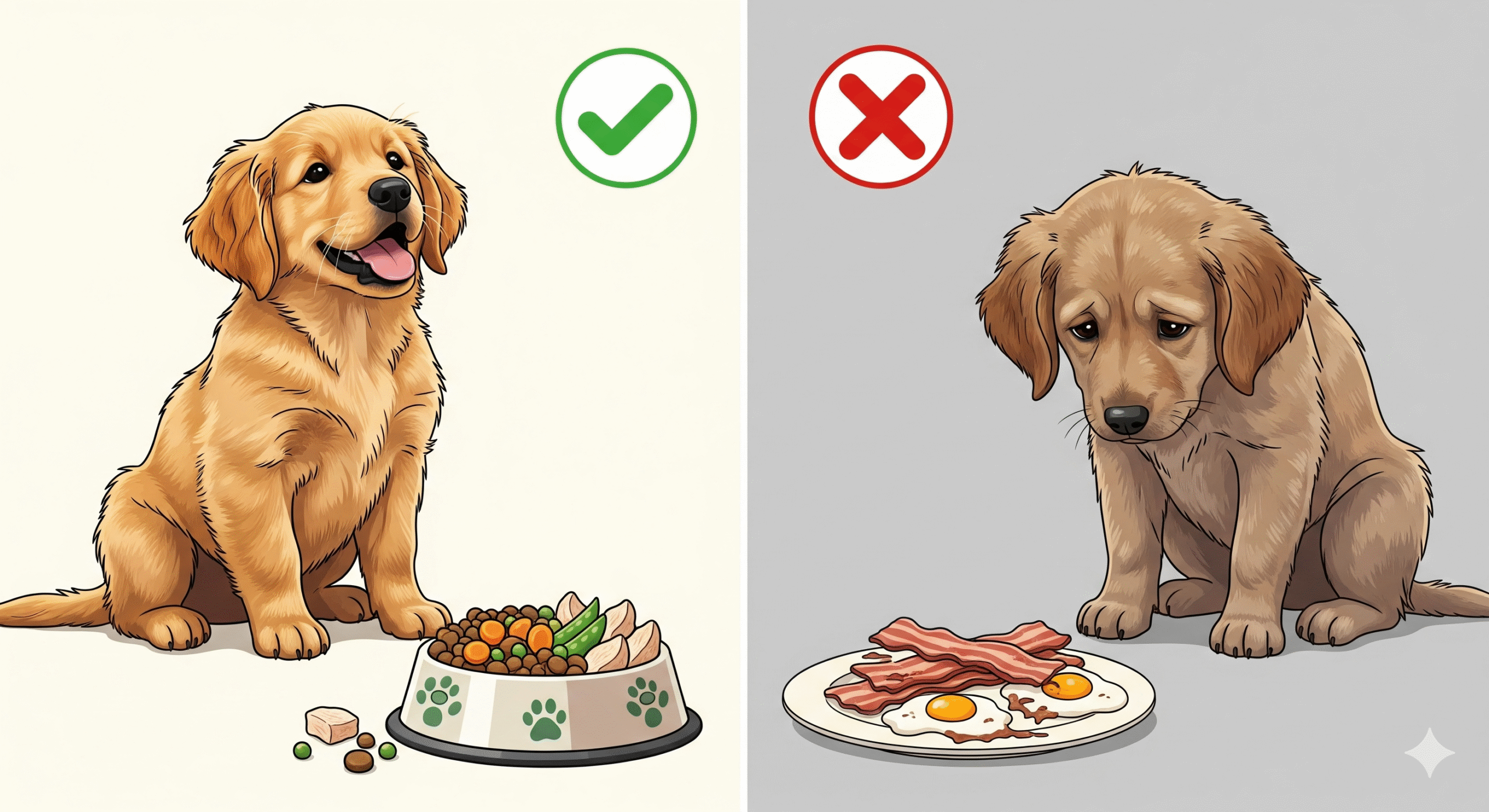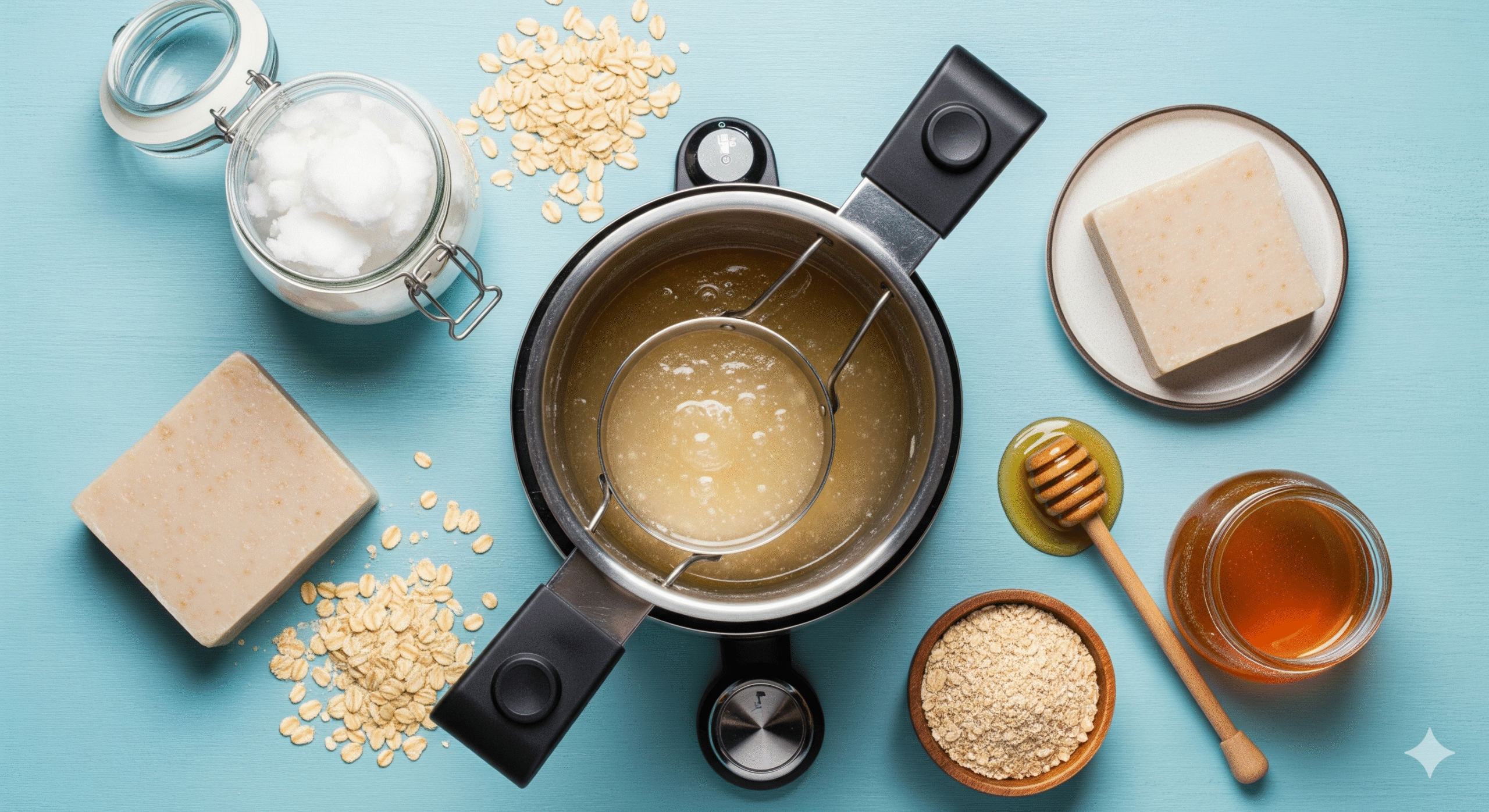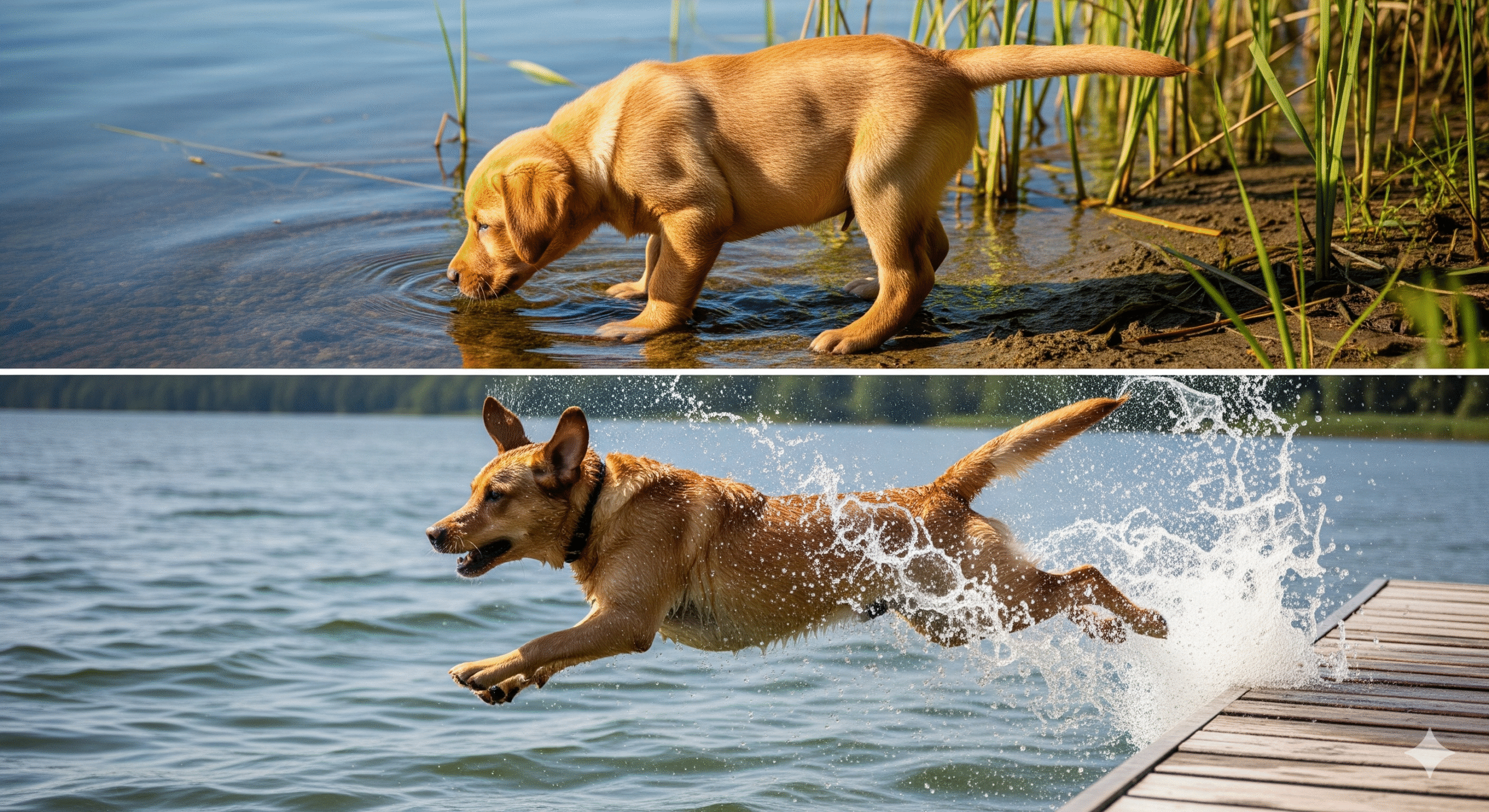You thought you were in the clear. Weeks of diligent trips outside, enthusiastic praise, and countless treats had paid off. Your puppy was finally potty trained! Then, out of nowhere, the accidents start again. A puddle here, a pile there. Puppy potty training regression is one of the most frustrating and confusing experiences for a new dog owner. Before you despair or assume you’ve failed, know this: regression is almost always normal and almost always fixable.
This in-depth guide will help you understand why your puppy backslid and give you a clear action plan to get back on track. We’ll cover:
✔️ The 8 most common causes of potty training regression (from medical to behavioral)
✔️ A step-by-step troubleshooting guide to diagnose your puppy’s specific issue
✔️ Proven strategies to restart training and reinforce good habits
✔️ What to do when it’s a medical problem, not a training one
✔️ How to prevent future setbacks and build lasting reliability
Take a deep breath. Let’s solve this puzzle together and restore order to your home.
First, Don’t Panic: Regression is Normal 🧘♀️
Potty training is rarely a straight, upward line to perfection. It’s a process with peaks and valleys. Puppies are learning and developing rapidly, and setbacks are a natural part of that process. Your response—staying calm, consistent, and patient—is the single biggest factor in overcoming this hurdle.
The 8 Most Common Causes of Potty Training Regression 🔍
To fix the problem, you must first identify the root cause. Here are the usual suspects.
1. Medical Issues 🩺
This is the first thing to rule out. A sudden increase in accidents can signal a health problem.
- Urinary Tract Infection (UTI): Causes frequent, urgent, and often painful urination. The puppy literally can’t hold it.
- Parasites: Intestinal worms can cause diarrhea and a loss of bowel control.
- Other Illnesses: Any condition that increases thirst or urination (like diabetes or kidney issues) can lead to accidents.
What to do: If the regression is sudden and accompanied by other symptoms (lethargy, vomiting, blood in urine, straining), consult your veterinarian immediately.
2. Adolescence & Hormones 🐕🦺
Around 6-12 months, puppies hit adolescence. This brings:
- Selective Hearing: They might “forget” their training or choose to ignore your cues.
- Hormonal Changes: In unspayed females, heat cycles can cause accidents. In males, testosterone surges can lead to marking behavior.
- Testing Boundaries: Just like human teenagers, they test limits to see what they can get away with.
3. Changes in Routine or Environment 🌪️
Puppies thrive on predictability. Any disruption can undermine their confidence.
- Moving to a new house
- A change in your work schedule
- House guests or a new baby
- Construction noise or remodeling
4. Incomplete Training 🎓
Sometimes, we mistake a period of good luck for being fully trained. The puppy may have learned where to go but not fully generalized that they must always go outside.
- They might be reliable on the main floor but have an accident in an unused bedroom because they don’t see it as part of the “den.”
- They might hold it all day but have an accident overnight because their bladder control isn’t fully mature.
5. Fear or Anxiety 😨
A scary experience can make a puppy reluctant to go outside.
- A loud noise (thunder, garbage truck, fireworks) while they were pottying.
- Being startled by another animal in the yard.
6. Inadequate Cleaning 🧼
If an accident spot isn’t cleaned thoroughly with an enzyme cleaner, the residual smell will draw the puppy back to that same spot to go again. Regular household cleaners are not enough.
7. Overlooking the “Tell” 🤫
As puppies get older, their “I need to go” signals can become more subtle. The frantic circling and whining might be replaced by a simple glance at the door or a moment of quiet pacing that’s easy to miss.
8. Being Left Alone Too Long ⏳
The general rule is that a puppy can hold their bladder for one hour per month of age, plus one. A 5-month-old puppy left alone for 7 hours will likely have an accident.
The Regression Fix-It Plan: Back to Basics 🔧
No matter the cause, the solution almost always involves returning to the fundamentals.
Step 1: Rule Out Medical Issues
Schedule a vet appointment to eliminate health problems as the cause. This is the most important first step.
Step 2: Implement a Strict Management Schedule
Go back to the schedule you used when your puppy was 8 weeks old.
- Frequent Trips: Take them out first thing in the morning, after eating, after drinking, after playing, after napping, and right before bed.
- Supervision: When loose in the house, keep them in the same room as you. Use a leash or baby gate if necessary.
- Crate Training: Use the crate when you cannot actively supervise them.
Step 3: Supercharge Your Rewards 🏆
Make going outside the best thing ever, again.
- Use “high-value” treats they only get for pottying outside (e.g., small pieces of chicken, hot dog, cheese).
- Throw a party! Praise enthusiastically the moment they finish.
Step 4: Clean Accidents Meticulously 🧽
- Soak up any mess.
- Soak the area with an enzyme-based cleaner (like Nature’s Miracle or Rocco & Roxie).
- Let it dry completely. The enzymes will break down the odor-causing proteins that attract the puppy back to the spot.
Step 5: Identify and Address Stressors
Did something change? Help your puppy adjust to the new routine or environment with extra patience, play, and positive association.
What NOT to Do During a Regression ❌
🚫 Do NOT punish or rub their nose in it. This will only teach your puppy to fear you and to hide when they have accidents.
🚫 Do NOT deep clean with ammonia-based products. Ammonia smells like urine to a dog and can encourage more accidents.
🚫 Do NOT give up. Consistency is key. This is a temporary phase.
When to Call a Professional 📞
If you’ve ruled out medical issues, returned to basics for 3-4 weeks, and are still seeing no improvement, it may be time to consult a certified professional dog trainer or a veterinary behaviorist. They can identify subtle issues and create a customized plan.
Final Checklist for Overcoming Regression ✅
☑️ Scheduled a vet check to rule out medical issues
☑️ Restarted a strict potty schedule with frequent trips outside
☑️ Increased supervision indoors (leash, baby gates, crate)
☑️ Using ultra-high-value treats for successful outdoor potty trips
☑️ Thoroughly cleaned all accident areas with an enzyme cleaner
☑️ Remained patient and consistent without punishment
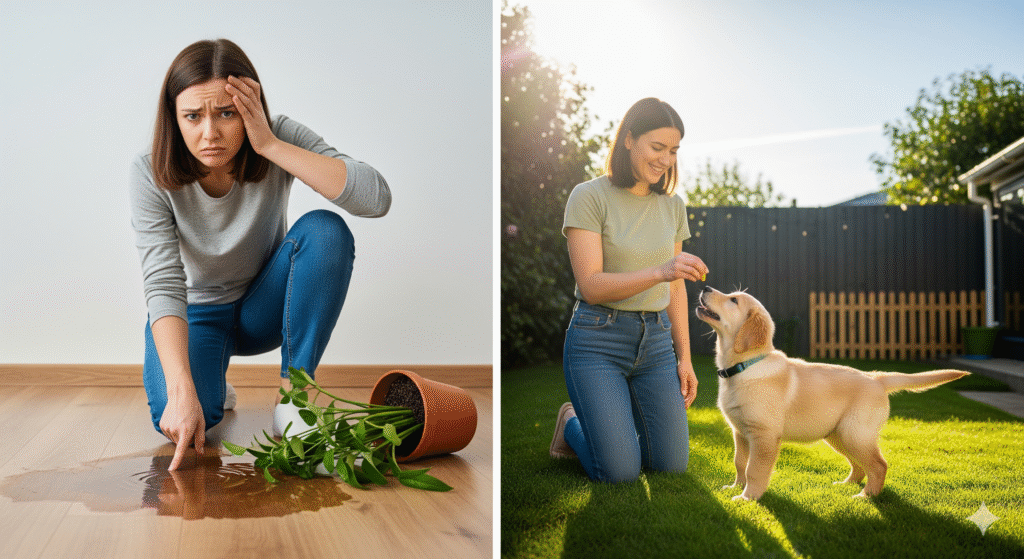
…From a balanced diet to regular check-ups, every detail matters in raising a healthy, happy puppy. By taking a proactive approach to their care, you’re setting them up for a long and comfortable life. For a deeper dive into one of the most important items you can buy for your puppy’s well-being, read our full article on Orthopedic Puppy Beds for Joint Health.

